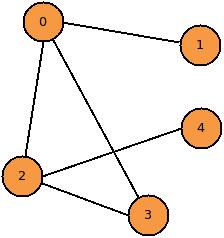Strings and Variable So far we’ve added lots of stack operations and a couple I/O routines with the KEY and EMIT keywords. At the moment if we wanted to write a simple “Hello World” application we would need to place each character on the stack and pop them off using the EMIT keyword. This is
Continue Reading “Implementing Stack Oriented Languages – Part 4”


Recent Comments